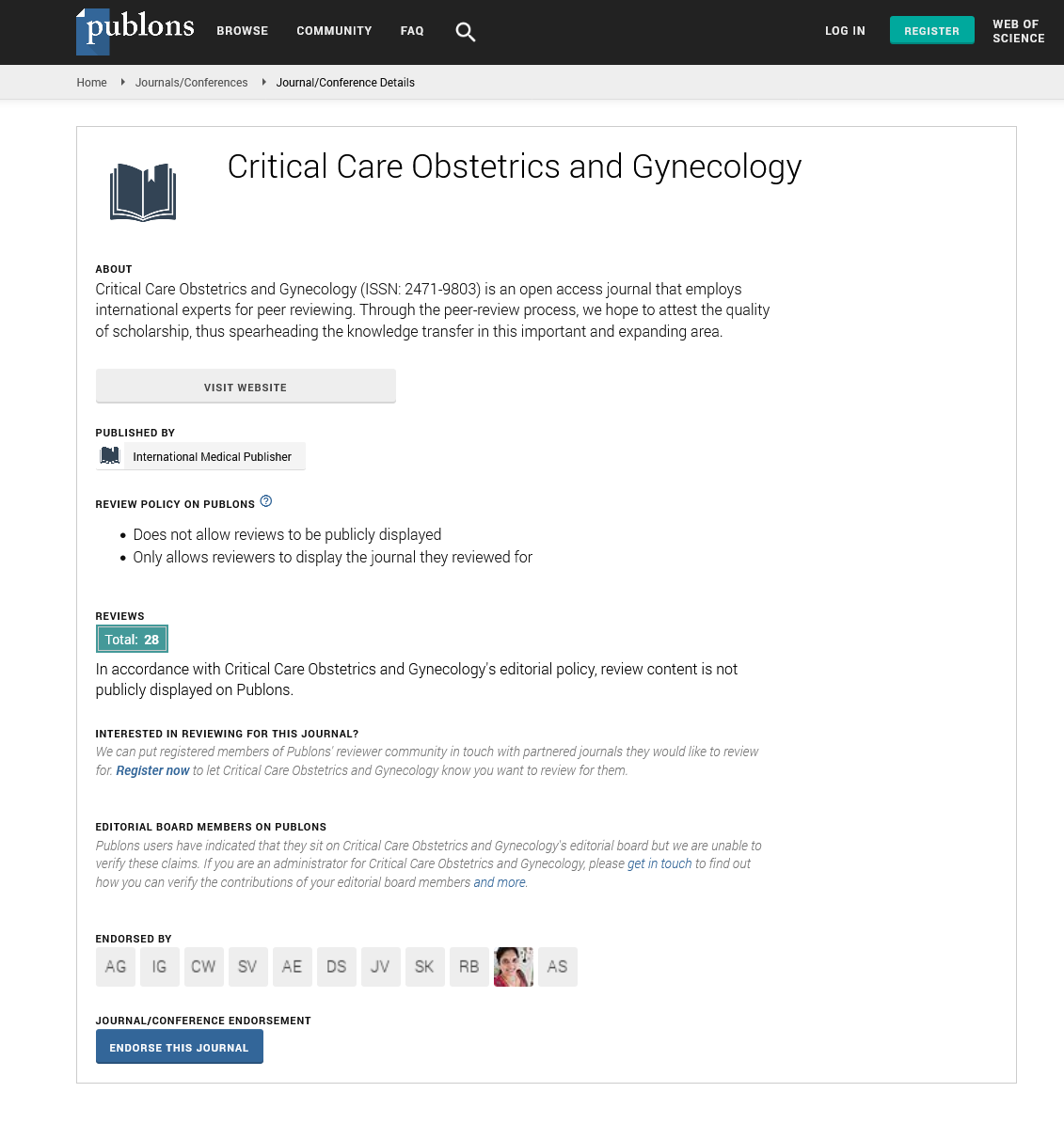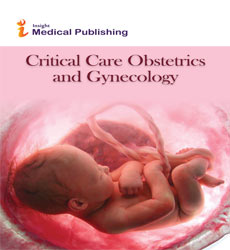Abstract
Factors Associated with Men's Participation in Postpartum Family Planning: A Study of Kiswa Health Centre III, Kampala, Uganda
Family Planning (FP) is an essential component of health care provided during the antenatal period, immediately after delivery and during the first year after childbirth. Evidence has it that short birth intervals of less than 15 months have been found to be associated with adverse pregnancy outcomes including induced abortions, miscarriages, preterm births, neonatal and child mortalities, still births and maternal depletion syndrome. Despite the evidence of close birth intervals being associated with adverse pregnancy outcomes, many women are not using effective family planning methods. This is attributed to low men participation in postpartum family planning. In order to improve maternal health, strengthening male participation in family planning is an important public health initiative. This study aimed at assessing factors associated with men’s participation in postpartum family planning, taking a case of family planning services provision at Kiswa Health Center III, Nakawa division, Kampala district. This study aimed at assessing factors associated with participation of men in postpartum family at Kiswa Health center III, Kampala.
The study was a cross sectional study involving collection of quantitative data. Systematic random sampling was used to select study participants. Data was collected using semi structured questionnaires dveeloped from reviewed literature. The data entry and cleaning was performed using EpiData version 12. The data was analyzed using Stata version 14. Proportions, measures of central tendency (mean, median and mode) and measures of association (P values, Odds Ratios and confidence intervals) were used to describe the study subjects. Results were summarized into graphs, tables, pie charts. Study findings will be published in scientific journals and conferences.
The average age of study respondents was 39.8 years, about half 49.6% (55.5/371) with 2-4 children. About 51.7% (51.8/371) of the study respondents were married, 39.8% (148/371) Catholics and 43.4% (161/371) reached tertiary level of education. 80.0% (297/371) reported to participate in postpartum family planning. On multi-variate regression analysis of the factors associated with male involvement in family planning, approval of family planning use, knowledge on family planning and information source were found to be significantly associated with male involvement in family planning. Study respondents who approved family planning use at home were 15.5 times more likely to get involved in family planning services as compared to those who didn’t approve family planning at a 95% confidence interval. Those who knew about family planning were 3.65 times more likely to participate in family planning and those whose source of information was a television were 0.07 times less likely to get involved in family planning.
Conclusively, there was a generally high level of male involvement in postpartum family planning in comparison with the national levels. Approval of family planning at home increased the likelihood of men’s participation in family planning.
https://marmaris.tours
https://getmarmaristour.com
https://dailytourmarmaris.com
https://marmaristourguide.com
https://marmaris.live
https://marmaris.world
https://marmaris.yachts
Author(s): Omona Kizito*and Mahoro Rose Mary
Abstract | Full-Text | PDF
Share this

Google scholar citation report
Citations : 148
Critical Care Obstetrics and Gynecology received 148 citations as per google scholar report
Critical Care Obstetrics and Gynecology peer review process verified at publons
Abstracted/Indexed in
- Google Scholar
- China National Knowledge Infrastructure (CNKI)
- WorldCat
- Publons
- Geneva Foundation for Medical Education and Research
- Secret Search Engine Labs
Open Access Journals
- Aquaculture & Veterinary Science
- Chemistry & Chemical Sciences
- Clinical Sciences
- Engineering
- General Science
- Genetics & Molecular Biology
- Health Care & Nursing
- Immunology & Microbiology
- Materials Science
- Mathematics & Physics
- Medical Sciences
- Neurology & Psychiatry
- Oncology & Cancer Science
- Pharmaceutical Sciences


